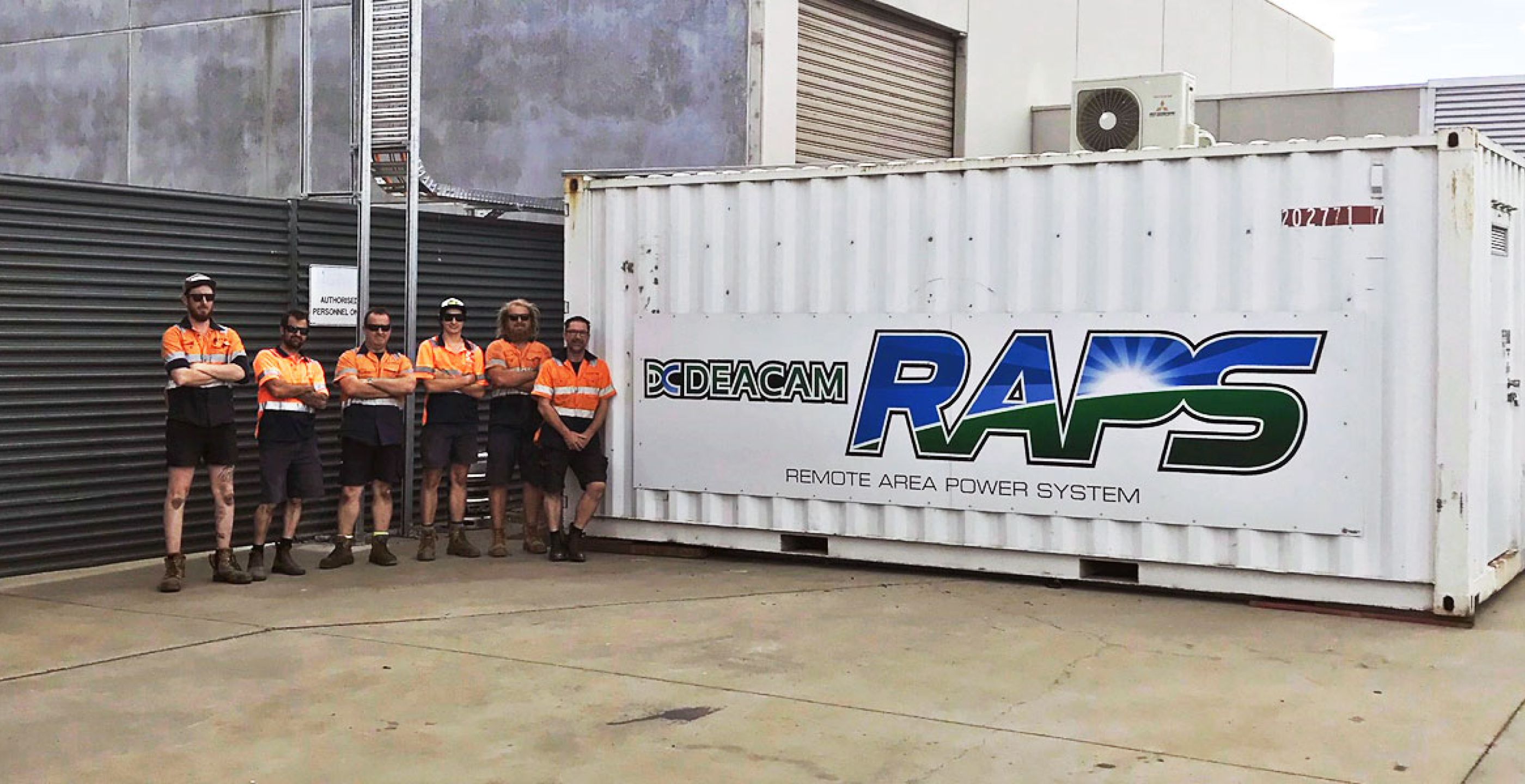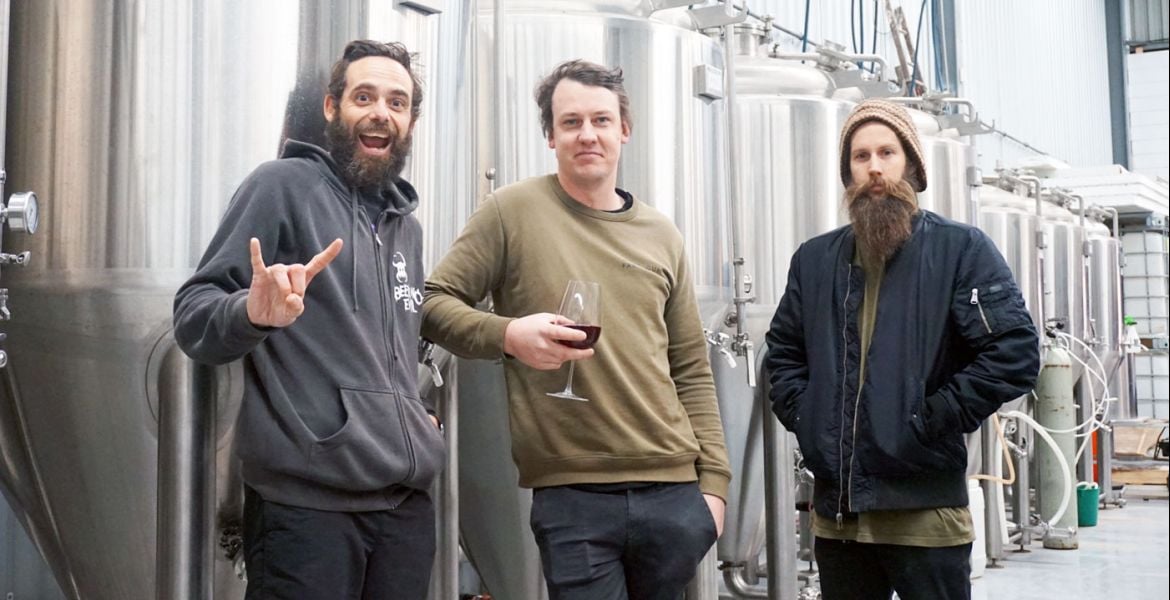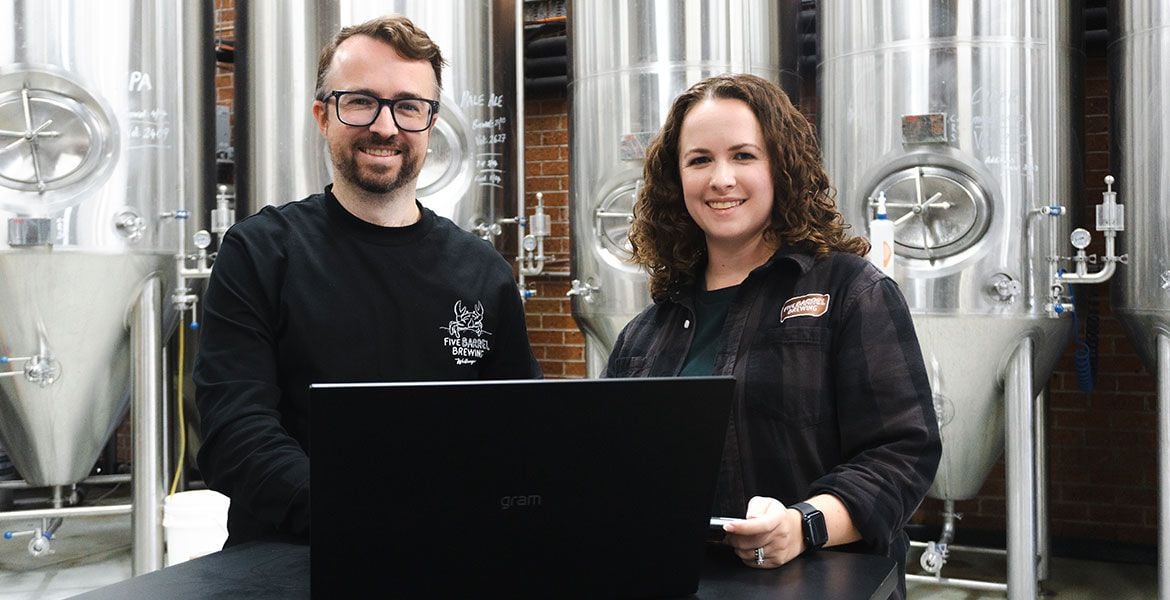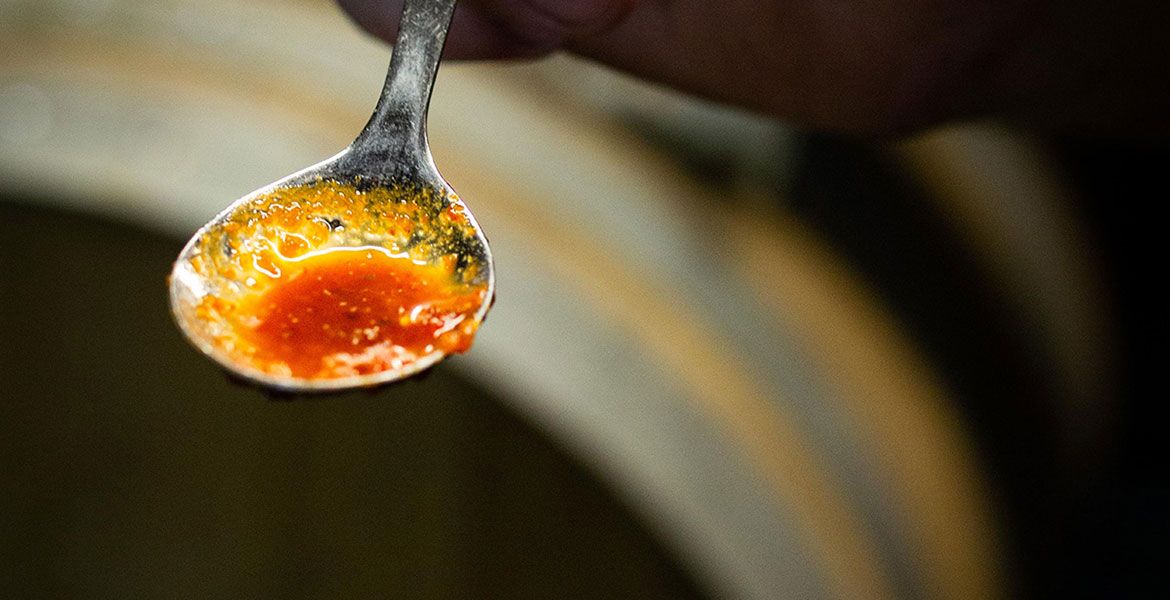When it comes to electrical engineering, Warren Bradford is a little like The Wolf in Pulp Fiction. If a brewery’s regular electrical system needs a solution, Warren and the cavalry at Deacam Electrical Contractors are called in. Much like Harvey Keitel’s character, they solve problems.
One such problem – or series of problems – was being experienced by Mornington Peninsula Brewery. Last November, they'd installed a centrifuge at their main Latham Street production brewery at a time when their glycol system was running at full steam to keep the beer at the right temperature as the Australian summer arrived early.
Soon afterwards, they started blowing fuses both on site and in the road.
“We got a phone call in November because they were blowing street fuses, causing parts of their street in Mornington to blackout,” Warren says.
“They called us down and we started replacing bits of the electrical infrastructure in that building. We realised pretty quickly that they actually weren’t getting enough power in from the street and would need more to run.
“They’d purchased some more equipment in the colder months and then, coming into a busy beer period in the warmer months where they were running the chiller a bit harder, they got to the point where the straw broke the camel’s back.”
With summer typically the busiest time for breweries, the brewery team couldn't afford to be without power or to run at a reduced output so they needed a solution and quick. One solution was to run a generator until their site could be upgraded, an option brewery managing director Matt Bebe says would have been expensive. Another was to install technology not previously used in an Australian brewery.
While Deacam's most frequent work with breweries has been installing and maintaining Wild Goose Canning-Meheen Manufacturing’s products, they've also been developing their own, including one called the Remote Area Power System (RAPS). This is a system that uses rechargeable batteries so manufacturers can become less reliant on grid energy.
Warren suggested Mornington install RAPS in order to load share its power, meaning it could move seamlessly between battery power, generator power and supply from the grid.
“They were grossly overloading their supply," Warren says. "They were at risk of fire or of being shut down by the supply authority. So, something very quickly had to be done to ensure their ability to produce beer leading into Christmas could continue.”
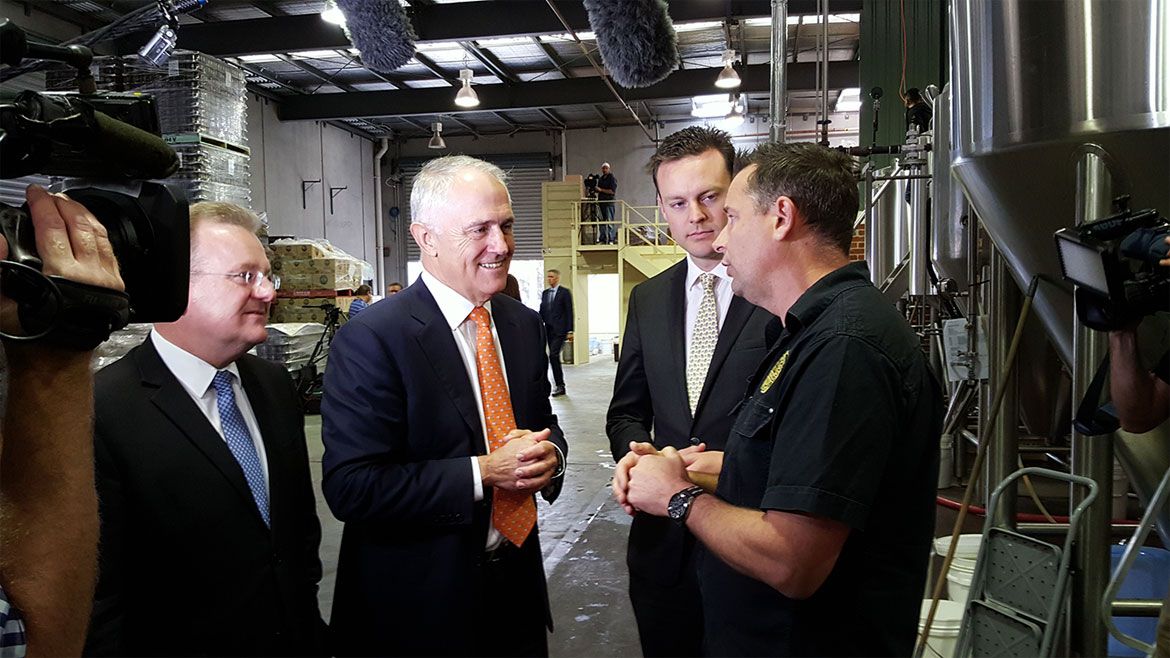
The decision has paid off for the brewery, with Matt believing it's technology that could prove particularly useful for regional breweries, which can suffer from a poor connection to grid and lose power suddenly. Even in their location in Mornington, Matt says their supply is "dirty", meaning it's inconsistent, with voltage fluctuations and at risk of being affected by other businesses in the area too.
“I think this matters so much, particularly when you are remote,” he says. “If you’re out in remote areas, getting the right supply of energy can be challenging so, with so many of our breweries in these areas, it’s only going to make sense that they look at these options."
Next for the team at Mornington is to add solar to the mix. Before next summer kicks in, 117 solar panels will be installed on the Latham Street site to provide 75 percent of the brewery’s energy needs. With the closure and decline of many of Australia’s coal-fired plants, Matt says power from the grid is becoming less consistent – and more expensive – while new technology means the cost of non-traditional energy is declining.
“The need for electricity is so important – especially when you are running glycol. If you can't control the temperature of the tanks, you can’t control your beer,” Matt says, adding that solar is a natural ally to brewing since the busiest time for most small breweries is the summer.
“Unless you are running 24 hours a day, which most of us don’t, peak time is usually when the sun is up.”
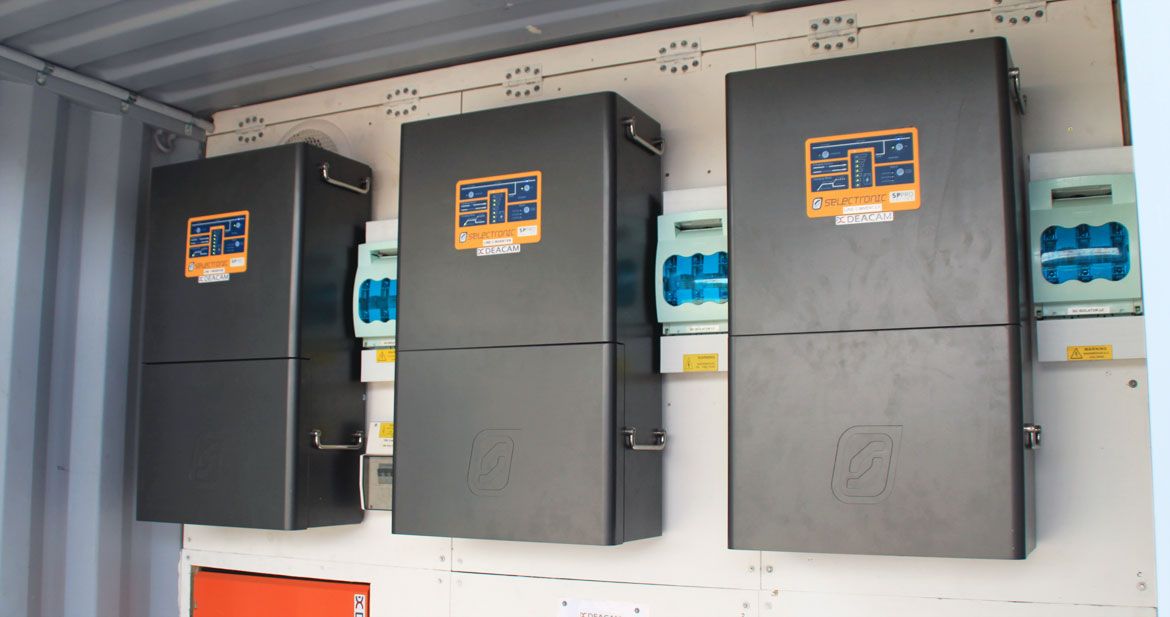
Warren adds: “The technology now is so good that we’re seeing phenomenal results out of it – much better than could have been hoped. In Mornington’s case, we can show two occasions where the grid dropped off over Christmas and they saw zero interruption – they didn’t even know it happened.”
Having worked closely with 30 breweries across nearly a decade since first being called in by White Rabbit to trouble shoot issues as they installed the former Little Creatures brewery in Healesville, Warren sees owners becoming more willing to commit to this kind of technology than in the past.
“Brewing has a really unique point of view,” he says. “Our experience is that most brewers are very conscious of the environment and are more motivated than others to invest in non-traditional energy supplies.”
You can read other entries in our Collaborators series, which focused on businesses working with the local craft beer industry – designers, growers and others – here.



